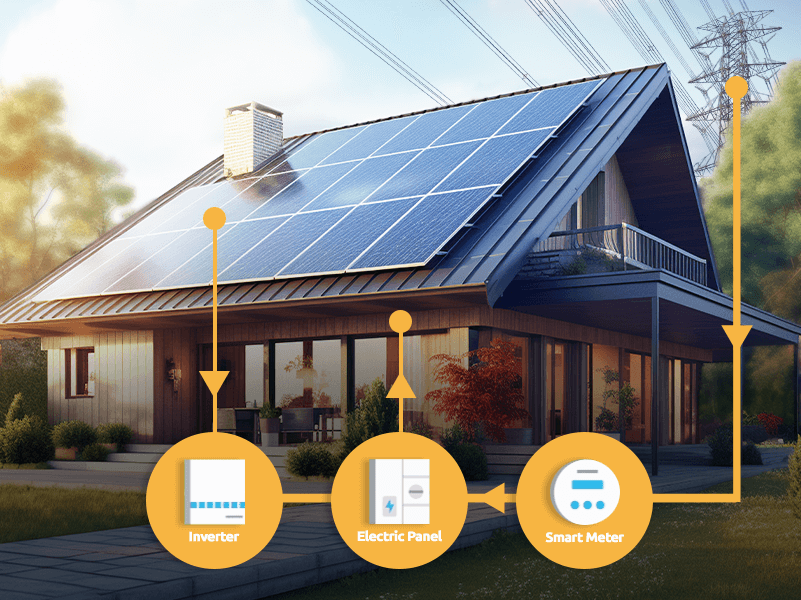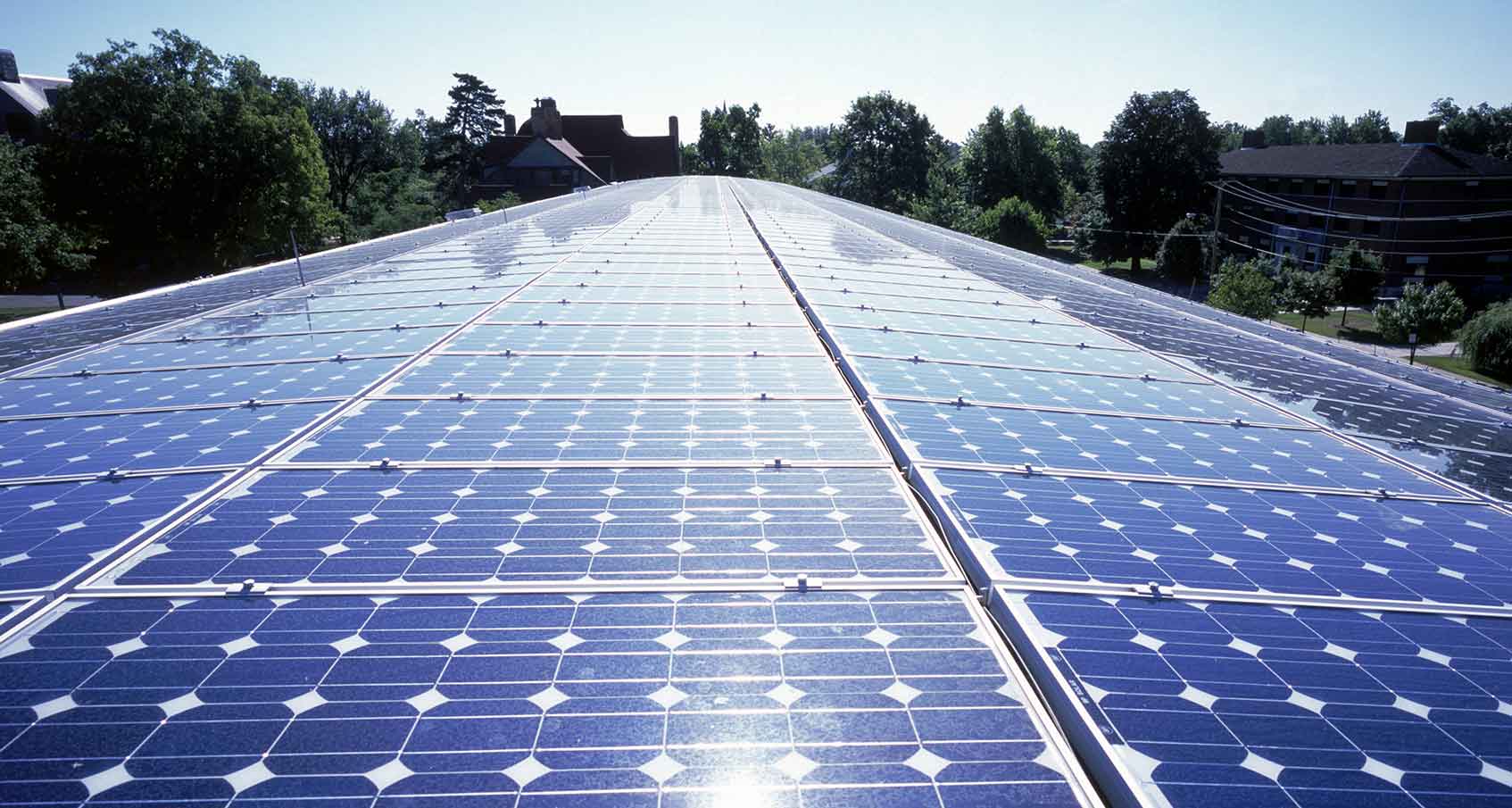Smart Meter
A smart meter in a photovoltaic (PV) system is a device that accurately measures the production, consumption and import/export of energy to and from the grid. Instead of simply measuring total kWh, like a traditional meter, a smart meter provides real-time data, phase-by-phase logging and the ability to communicate with the inverter or energy system.
WHY DO YOU NEED IT IN A PV SYSTEM?
- Real-time energy monitoring:
- You can see how much energy you consume and how much you produce in detail.
- You can optimize your use for greater self-consumption.
- Zero Export / Export Limitation (zero or limited export to the grid):
- The smart meter allows the inverter to adjust production so that it does not send energy to the grid when this is prohibited or when there is a restriction by the EAC.
- This avoids production cuts (curtailments).
- Smart load management (Smart Load Control):
- It can activate or deactivate devices (such as boiler, EV charger, heat pumps) depending on the excess energy.
- Compatibility with batteries and automation systems:
- Necessary for correct charging/discharging of batteries based on the actual consumption of the building.
- Accuracy per phase (in three-phase systems):
- To make symmetrical or asymmetrical production compensation per phase.
- E.g. with inverters like MAPO it can regulate production differently in each phase.

EXAMPLE
If you have a consumption of 3 kW and your PV system produces 5 kW, the smart meter “sees” that there are 2 kW left and can:
- Store them in a battery.
- Reduce the inverter’s production so that there is no export.
- Direct them to devices (e.g. charge a car or turn on the water heater).
CONCLUSION
A smart meter is not just a meter, but a tool for optimizing and controlling your photovoltaic system. It is essential for:
- Zero Export systems.
- High self-consumption.
- Systems with battery or EV charger.
- Net Billing / Net Metering solutions with optimized operation.
